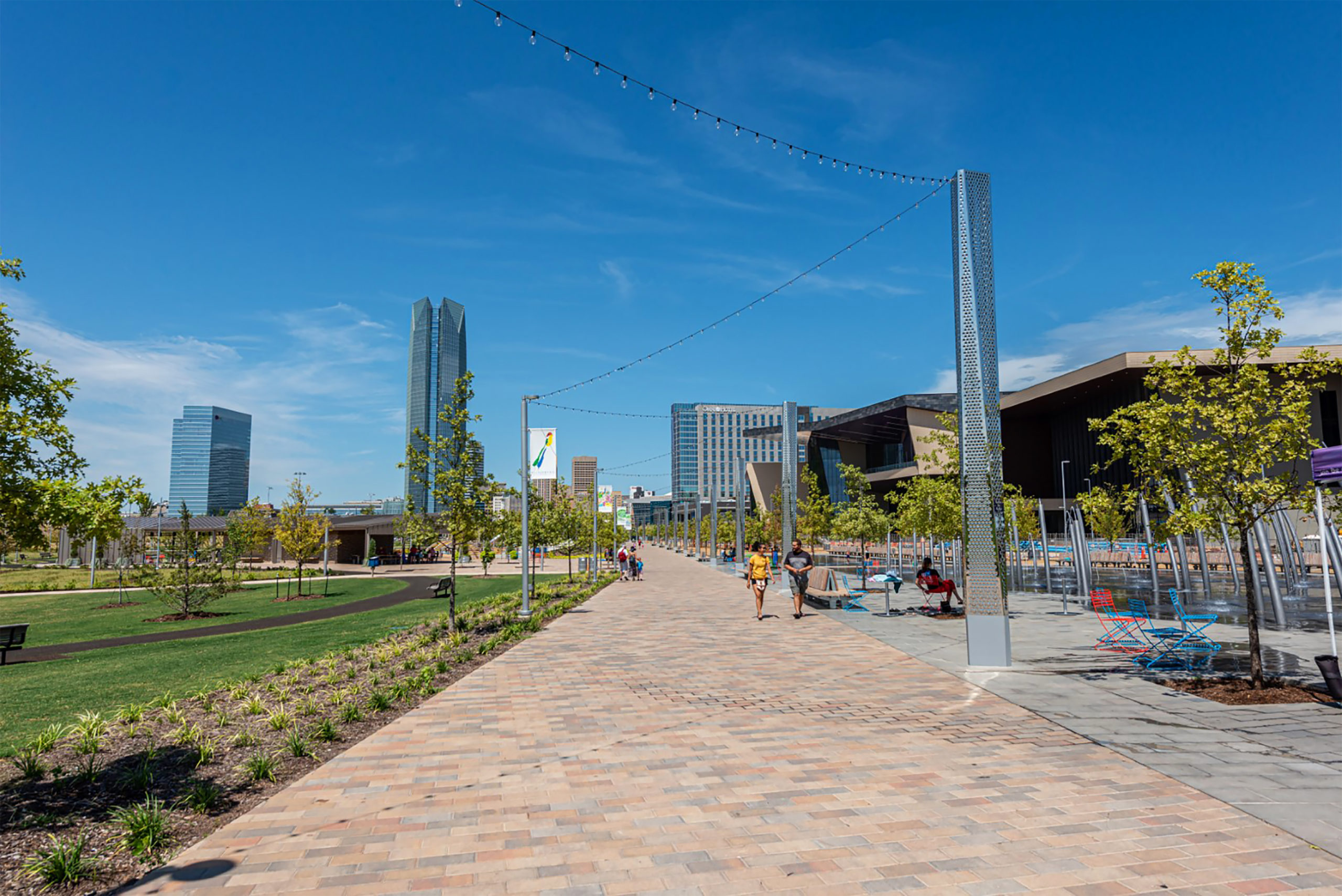Technical Assistance
ICMA offers tailored technical assistance, free of charge, to assist you transition your brownfields from liability to asset. This assistance is made possible through the Environmental Protection Agency (EPA), Technical Assistance to Brownfield Communities (TAB) program. In EPA Region 4, ICMA can provide technical assistance and give you clear and actionable direction and feedback about specific sites, building a program, EPA grant resources, financial, legal, regulatory processes, brownfield basics, best practices, technical subjects, and more.
There are three tracks for assistance, each offering a tailored approach that capitalizes on the ICMA team’s national experience with dynamic brownfield challenges. Regardless of the track will engage with professionals who have navigated brownfield redevelopment processes and implemented creative approaches to overcome obstacles to their redevelopment.
Brownfield 311
Readily accessible, short term, engaging assistance provided remotely (video calls/email/telephone) by 2 – 4 subject matter experts. This is a great resource for new grantees, and seasoned programs and organizations alike. Our team comes prepared with background research into your circumstances prior to meeting so as to make the most of our time.
Challenge Assessments
Communities requiring more in-depth assistance can access our one-day onsite Challenge Assessments. Challenge Assessments may include, but are not limited to stakeholder engagement such as workshops/charrettes, SWOT analysis, meeting facilitation between multiple groups; technical review of planning documents, environmental site assessments, cleanup plans, and more.
Implementation Engagement
These are our most in-depth level of assistance, intended to help a community keep brownfields plans “off the shelf” and their redevelopment goals moving forward. Implementation Engagements include in person engagement up to 2 site visits and remote communication. Activity may include but are not limited to “Collider” events where multiple stakeholder groups forge an action plan; community workshops and charrettes; Evaluation of cleanup alternatives considering development opportunities; community and local government capacity building; real estate development assistance, such as market studies, land planning, and identification of potential developers and/or end users.




